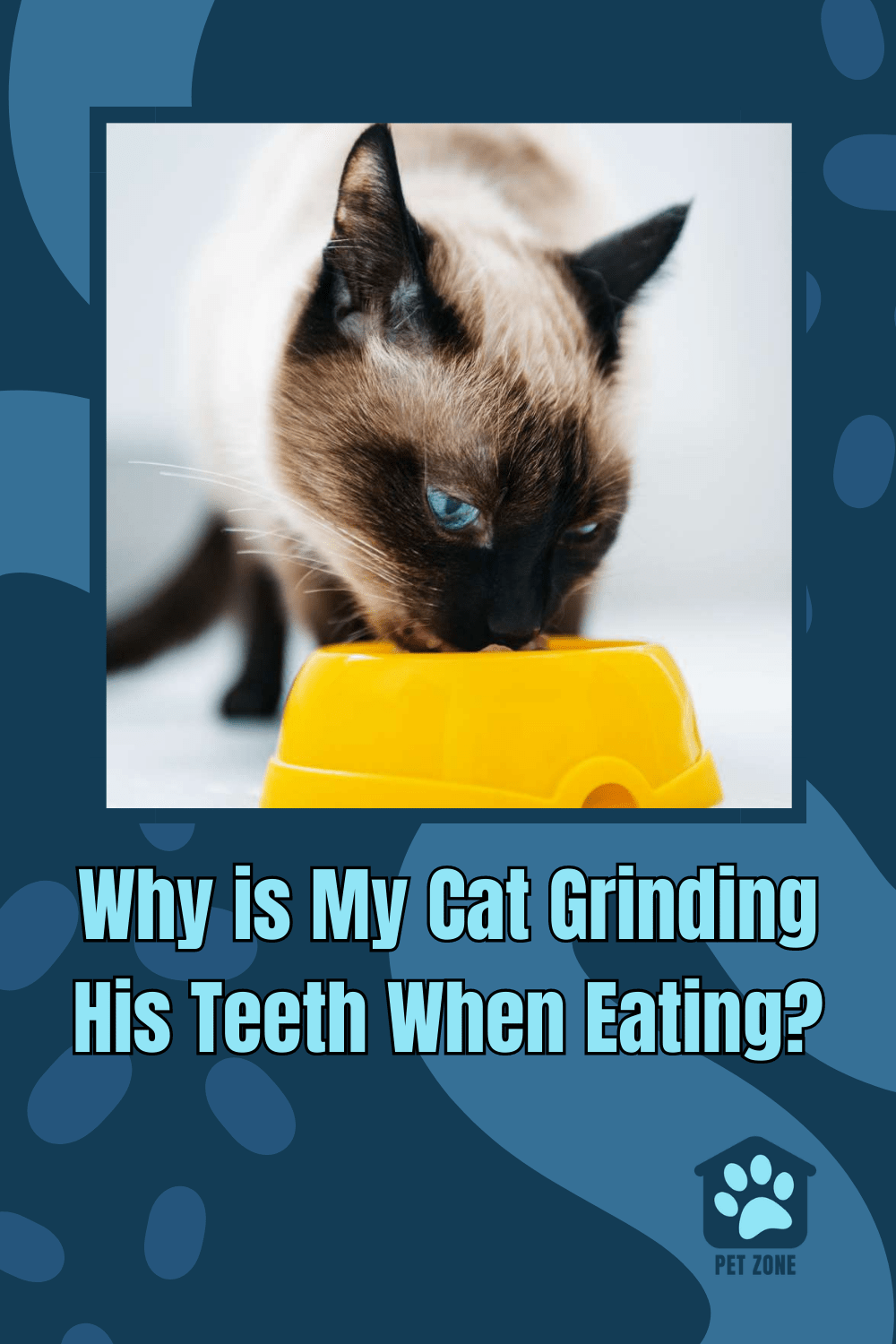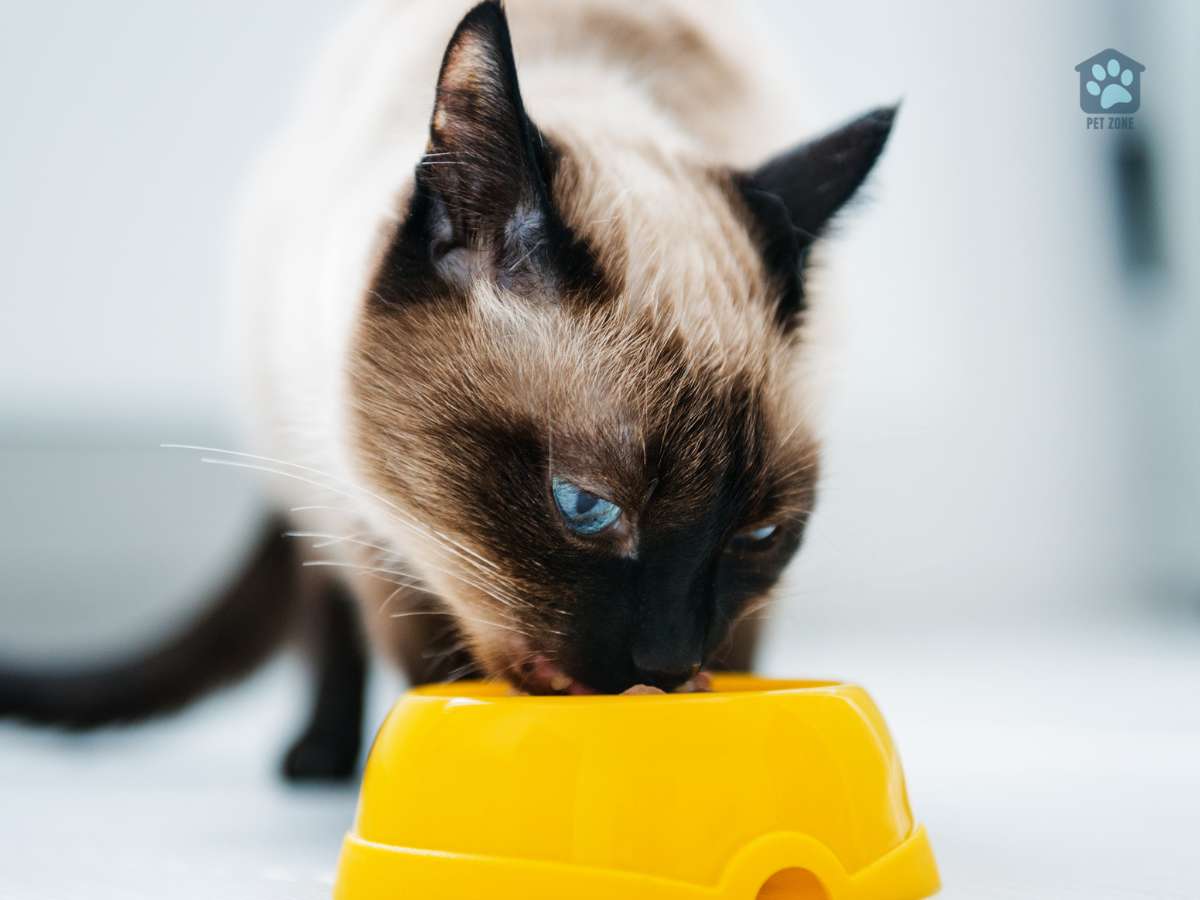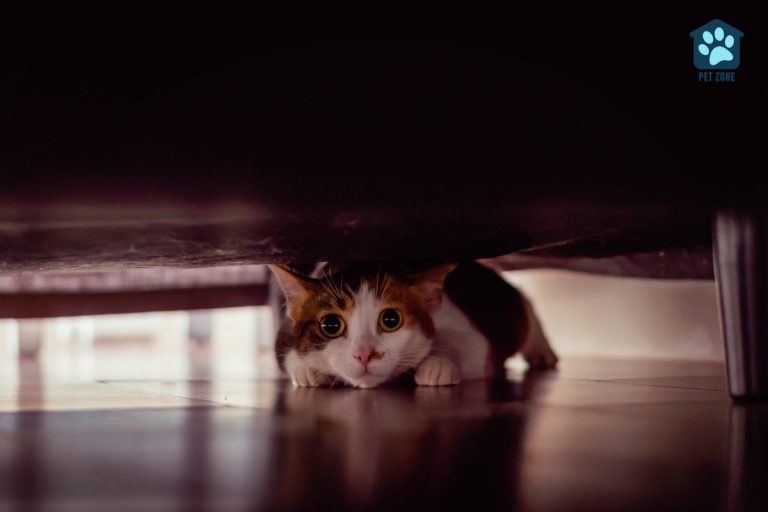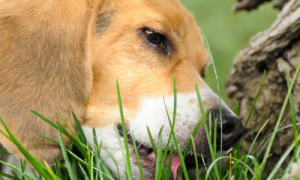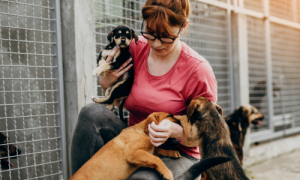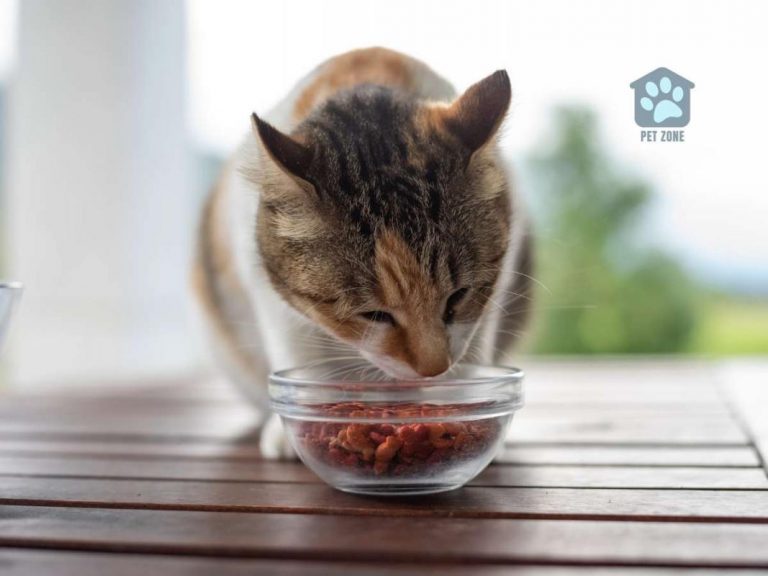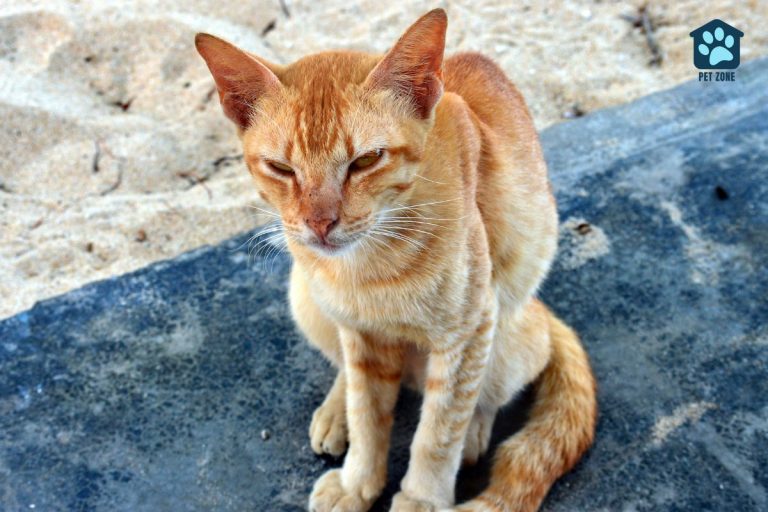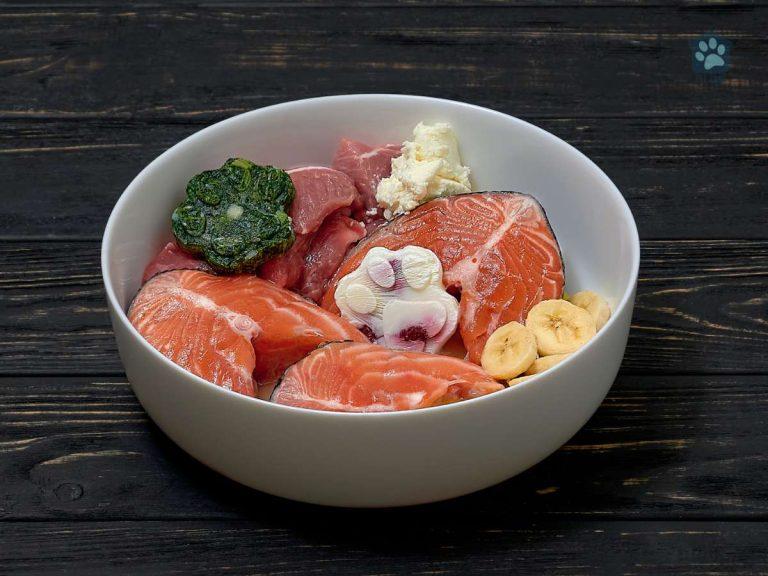Bruxism (teeth grinding) in cats may be a sign of underlying dental issues like gum disease or misaligned teeth, or serious health problems such as pancreatitis, inflammatory bowel disease, or Chronic Kidney Disease. Regular vet check-ups, proper dental care at home, and professional animal dentistry and oral surgery can help prevent and treat this distressing behavior.
Estimated reading time: 0 minutes
Have you noticed your cat starting to grind his teeth when you feed him? When a cat is grinding his teeth, it’s often a sign that something is wrong. Understanding why a cat is grinding its teeth can help you take the necessary steps to stop this discomforting behavior.
If your cat is grinding his teeth when eating, don’t ignore it. Tooth grinding in cats may lead to more severe dental problems or indicate underlying health issues. As a responsible cat owner, recognizing this sign and taking action can prevent further complications.
What is Tooth Grinding (Bruxism) in Cats?
Tooth grinding, known medically as bruxism in cats, is when a cat grinds its upper and lower teeth together. The grinding of teeth can be loud, and it’s a behavior that cat owners need to address. Understanding what tooth grinding is and why cats grind their teeth helps owners take proper care of their beloved pets.
What Does it Mean When a Cat Grinds Her Teeth?
When a cat is grinding her teeth, it’s often due to discomfort or pain in the mouth. This grinding is a sign that something might be wrong, possibly related to dental issues like fractured teeth or oral diseases that cause grinding. Cats may also grind their teeth when they are awake if something is bothering them in their mouth.
Symptoms
If your cat is grinding its teeth, you’ll likely hear a loud grinding noise. Some other signs to look for include:
- A cat grinding teeth when eating might stop eating or only eat wet food. If the cat stopped eating entirely, consult a vet.
- Look for loose or broken teeth, or other signs of discomfort in the cat’s mouth. Regularly checking the cat’s teeth and using cat toothpaste can help prevent teeth grinding.
- If the cat starts acting differently or you notice your cat grinding teeth more frequently, it could indicate an underlying problem that needs attention.
Tooth grinding in cats is not just a quirky behavior. It often signifies underlying issues that require a closer look. If a cat is grinding its teeth, it could be a sign of dental problems or other health concerns, and it should be taken seriously.
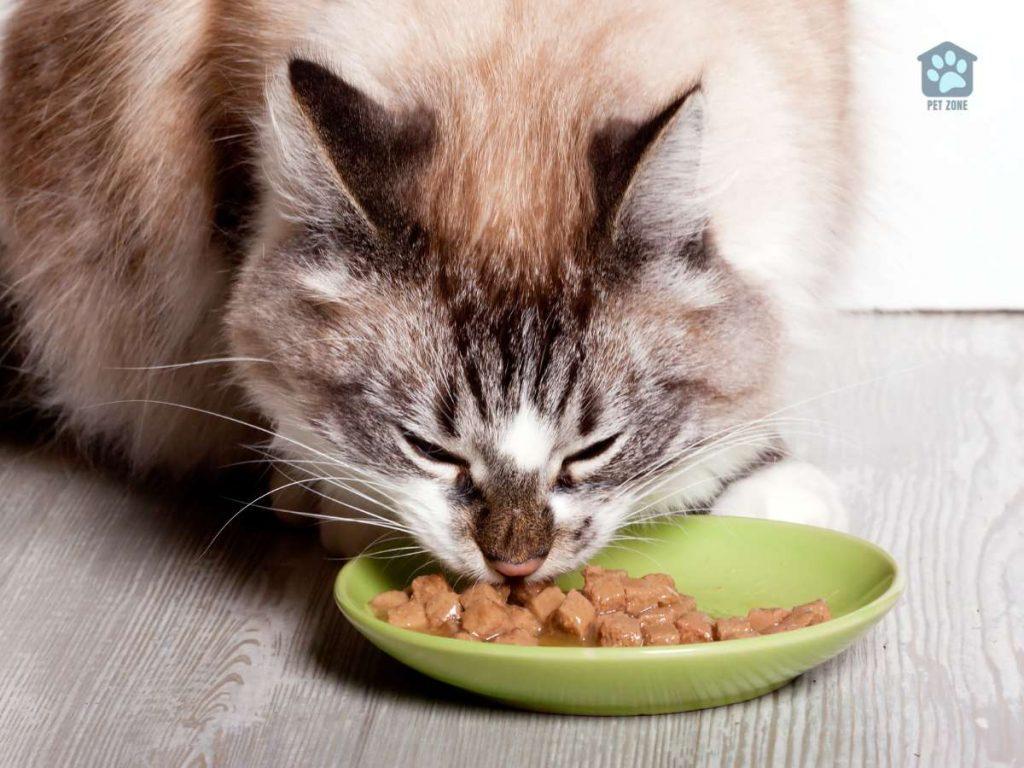
Causes of Cat Teeth Grinding
Understanding why a cat is grinding its teeth is the first step toward finding the right solution. Here are some possible causes:
Dental Issues
- Gum disease is a common cause of teeth grinding in cats. If the gums are infected or inflamed, grinding teeth may be a reaction to the pain.
- Tooth Resorption is a dental problem, where the teeth break down, which can cause a cat to grind its teeth. Regular check-ups with the vet can help detect and treat tooth resorption early.
- Misaligned teeth in cats may grind against each other, causing discomfort and leading to grinding. Animal dentistry and oral surgery might be required to fix the alignment.
Behavioral Causes
A stressed or anxious cat may grind their teeth as a coping mechanism. Identifying and removing the source of stress can help prevent teeth grinding.
Medical Causes
Dehydration may lead to dry mouth, which could cause teeth grinding. Making sure your cat has access to fresh water can prevent this issue.
Health problems that don’t directly involve the mouth can also lead to teeth grinding in cats. Conditions like upper respiratory infections, pancreatitis, inflammatory bowel disease, cancer, and ulcers may cause discomfort that leads to grinding. If a cat grinding its teeth is observed along with other symptoms, a vet must examine the animal to diagnose these potential underlying issues.
In some cases, teeth grinding may be related to excess gastric acid and gastric reflux, which can be symptoms of Chronic Kidney Disease (CKD). This serious condition affects many cats and requires immediate professional care. If teeth grinding is accompanied by other signs of CKD, such as increased thirst or changes in urination, seek veterinary help promptly.
Vets, Animal Dentistry, and Oral Surgery: The Professional Approach
If you’ve noticed your cat grinding teeth, seeking professional help is often the best course of action. Here’s what that might entail:
When to Visit the Vet
If your cat grinding its teeth becomes a regular occurrence or if you notice symptoms like stopped eating or loud grinding, it’s time to visit the vet. The vet can identify the exact cause of teeth grinding, whether it’s dental problems like loose or broken teeth or something more severe.
The vet may examine the cat’s mouth, looking for signs like fractured teeth or gum disease. If needed, the vet may recommend dentistry and oral surgery.
Dental Check-ups and Cleaning
Regular dental check-ups and getting the cat’s teeth cleaned can prevent many causes of feline teeth grinding. Animal dentistry involves cleaning the teeth as well as looking for signs of oral diseases that cause grinding.
Oral Surgery
In some cases, oral surgery might be necessary. This could be due to misaligned teeth, tooth resorption, or other dental issues that lead to grinding. Oral surgery can provide a long-term solution and stop the cat from grinding its teeth.
Veterinary help is essential when dealing with cat teeth grinding. By understanding the problem and providing the right treatment, these professionals play a vital role in keeping our cats healthy and free from discomfort.
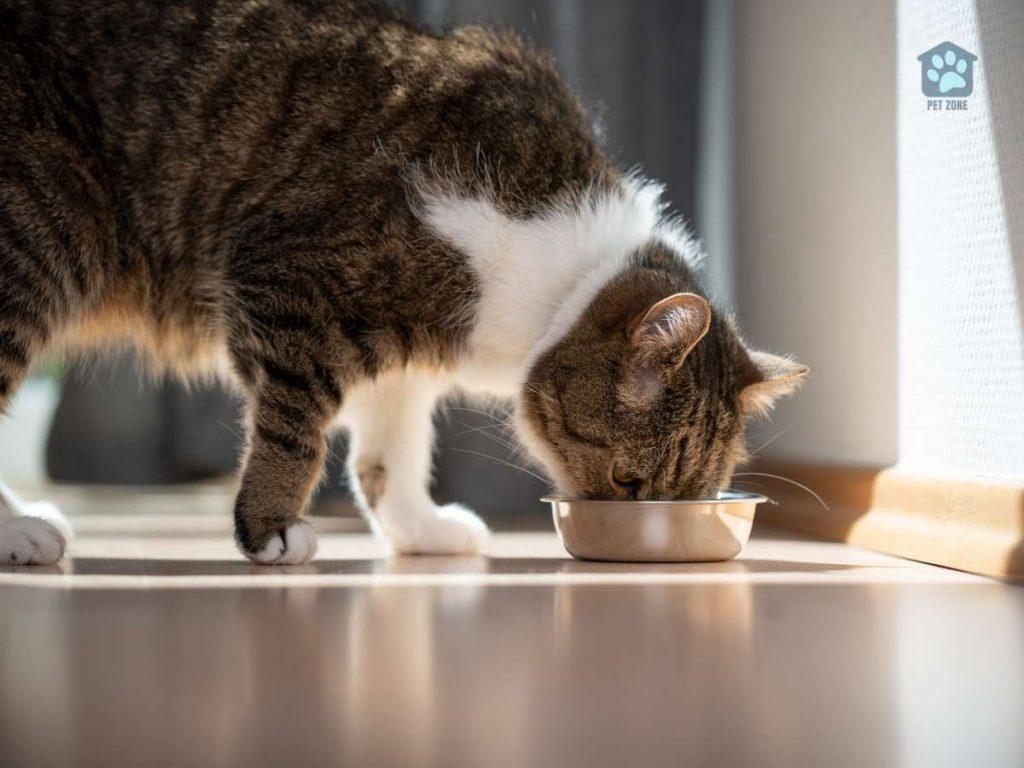
How to Prevent Teeth Grinding
Addressing the causes of cat teeth grinding is essential, but prevention is even better. Here’s how you can help your furry friend:
Regular Check-ups
Regular visits to the vet ensure that dental problems like misaligned teeth or tooth resorption are caught early. The vet says teeth grinding is often a sign of these issues, so early detection can prevent them from worsening.
Dental Care at Home
Using cat toothpaste and a soft brush to brush your cat’s teeth helps prevent gum disease, a common cause of teeth grinding.
Providing wet food and making sure your cat isn’t dehydrated can prevent dry mouth, which may lead to grinding.
When Specialized Care is Necessary
In some cases, professional animal dentistry and oral surgery are required. Misaligned teeth or more severe dental problems may require surgical intervention to stop the cat from grinding its teeth.
Preventing teeth grinding is often a matter of good dental care and regular check-ups. By paying attention to your cat’s dental health and seeking professional care when necessary, you can keep your cat’s mouth healthy and free of discomfort.
Conclusion
Understanding why your cat is grinding its teeth, whether it’s due to dental issues, behavioral causes, or other health problems, is essential. By identifying the cause and seeking professional help from a vet or through animal dentistry and oral surgery when needed, you can address this issue effectively.
Teeth grinding in cats may be distressing, but with the right approach, it can be managed and prevented. Take good care of your cat’s teeth, and don’t hesitate to seek professional help if you notice your cat grinding its teeth. Your feline friend will thank you!
Feel free to share your thoughts or experiences with cat teeth grinding in the comments below, and don’t hesitate to share this article with other cat owners who might find it helpful!
As an Amazon Associate I earn from qualifying purchases.
